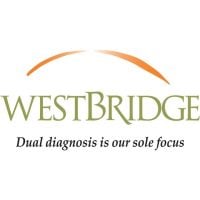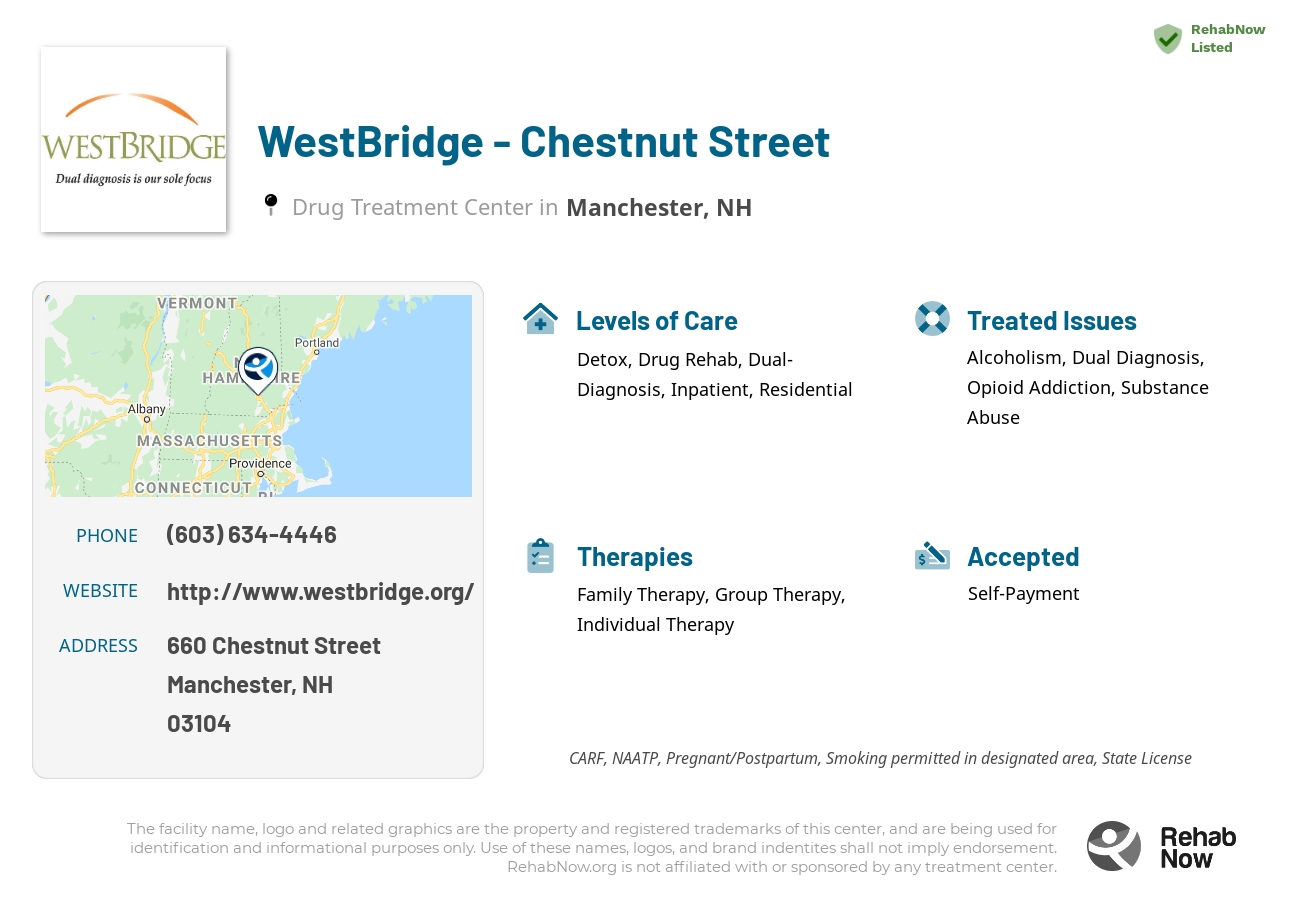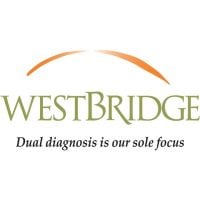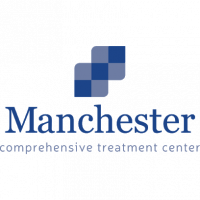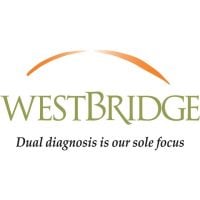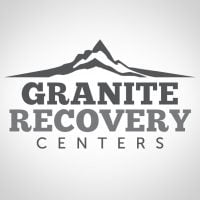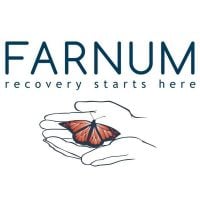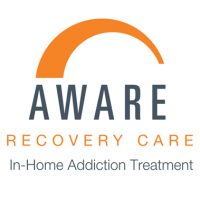WestBridge - Chestnut Street
Drug Rehab Center in Manchester, New Hampshire
WestBridge - Chestnut Street in Manchester, New Hampshire is an addiction treatment facility providing comprehensive services for individuals suffering from alcoholism, dual diagnosis, opioid addiction, substance abuse, drug addiction, and mental health issues, offering support and treatment at various levels of care with a focus on holistic and individualized care.
About WestBridge - Chestnut Street in New Hampshire
WestBridge - Chestnut Street is an addiction treatment facility located in Manchester, New Hampshire. Established in 2001, this facility offers comprehensive services to individuals suffering from alcoholism, dual diagnosis, opioid addiction, substance abuse, drug addiction, and mental health issues. WestBridge - Chestnut Street is accredited by CARF (Commission on Accreditation of Rehabilitation Facilities), NAATP (National Association of Addiction Treatment Providers), and LegitScript. They accept private health insurance and are affiliated with WestBridge. With a focus on providing support and treatment at various levels of care, WestBridge - Chestnut Street aims to help individuals recover and regain control of their lives.
WestBridge - Chestnut Street is known for offering a wide range of addiction and substance abuse services. Their services include detox, drug rehab, dual-diagnosis treatment, inpatient and residential programs, outpatient programs, and aftercare support. By providing these different levels of care, WestBridge - Chestnut Street ensures that individuals receive the appropriate treatment based on their unique needs and circumstances. With a strong emphasis on holistic and individualized care, they strive to address both the physical and psychological aspects of addiction, helping individuals achieve long-term recovery and improve their overall well-being.
Genders
Ages
Modality
Additional
Accreditations
NAATP

LegitScript

CARF
The Commission on Accreditation of Rehabilitation Facilities (CARF) is a non-profit organization that specifically accredits rehab organizations. Founded in 1966, CARF's, mission is to help service providers like rehab facilities maintain high standards of care.
Conditions and Issues Treated
Some addicts can benefit from substance abuse treatment, which is designed to help them become and remain sober without the use of medications. These programs are typically used by those struggling with drugs like marijuana or hallucinogens. However, they might be beneficial for those with a co-occurring mental health disorder like schizophrenia, major depression or bipolar disorder.
During this type of treatment, the addict will meet with therapists and other professionals on a regular basis to learn coping skills and healthy ways to deal with their addiction and mental health disorder.
Treatment programs often combine medications with counseling, support groups and even medical services like those found in hospitals or doctor’s offices. There are also detoxification services that addicts can use to get sober and avoid severe withdrawal symptoms.
Opioids are a group of drugs that include substances such as heroin, morphine, and oxycodone. These drugs activate opioid receptors in the brain, which produce pleasurable feelings. Opioid addiction occurs when drugs are abused at increasing rates or increasing amounts because the body becomes tolerant of them.
Opioid addiction is typically diagnosed when drug abuse becomes a typical behavior that interferes with an individual’s ability to function daily. The use of the substance results in consequences like legal problems.
Treatment for opioid addiction varies depending on each individual’s needs. Some treatments focus on replacing opioids with other drugs that have similar effects of reducing withdrawal symptoms. Other treatments aim to reduce the risk of relapse by providing psychological support or using more natural methods.
A drug rehab center that uses Dual Diagnosis is more likely to be successful in rehabilitating a person. Dual diagnosis helps to identify and treat any co-occurring disorders. It is essential to screen for both addiction and any untreated mental health issues. A dual diagnosis gives rehab the means to treat addiction while restoring mental and emotional health.
About 70% of patients with drug addiction have at least one other psychiatric diagnosis. Fortunately, dual diagnosis treatment is a proven model that has been highly effective.
Levels of Care Offered
This center offers a variety of custom treatment tailored to individual recovery. Currently available are Detox, Drug Rehab, Dual-Diagnosis, Inpatient, Residential, with additional therapies available as listed below.
Detox, or detoxification, is the method of weaning a person’s body from the toxic substance(s) they have abused. This is a slow process under medical supervision and one that should occur for almost all individuals. As detox can cause medical complications, it should always be performed by experienced medical professionals in a safe setting.
Inpatient rehab means you live there while your addiction or co-occurring disorder is treated. Prescribed medications are used along with counseling.
This type of rehabilitation provides a drug-free environment for people who struggle with chronic/long-term addiction (or their own home). Jobs or school can be put on hold until after the stay to focus solely on recovery.
Residential treatment programs are those that offer housing and meals in addition to substance abuse treatment. Rehab facilities that offer residential treatment allow patients to focus solely on recovery, in an environment totally separate from their lives. Some rehab centers specialize in short-term residential treatment (a few days to a week or two), while others solely provide treatment on a long-term basis (several weeks to months). Some offer both, and tailor treatment to the patient’s individual requirements.
Therapies & Programs
During individual therapy at WestBridge - Chestnut Street in , the person in recovery meets with a therapist one on one to go over their situation and learn from past mistakes. The counselor or therapist will use this time to address the causes of addiction, triggers, and any mental issue or dual diagnosis. They will also address aftercare plans, giving them the best chances of long-term sobriety.
This therapeutic process is very intense and challenging to go through. Some clients may find it easier to open up with someone apart from their family or loved ones who understand their struggles and experience with addiction.
Family therapy is designed to help addicts get clean and sober by using what they love the most; their family. Most drug treatment centers make it mandatory that the addict’s family attend therapy sessions, which is great because having everyone there to support them makes it much easier for them to get clean. Not only are they surrounded by people who want them to get better, but everyone is there because they want the best for them, not because they feel like they have to be.
Drug addicts are often surrounded by resentful or uneducated family members who would, at times, rather see them stay addicted because it makes their own lives easier. Sometimes they don’t understand what the addiction is or how they play a part in it. They know that during and after the addict’s sobriety journey, they will face challenges and changes that they aren’t sure how to handle. This can be very tough for an addict to go through on their own, which is why it’s so important that they have the support of their family. Just because someone is an addict does not mean that they don’t deserve the love and support of those around them.
Addicts in Manchester, NH can find support in group therapy at WestBridge - Chestnut Street by finding peers who understand their situation and being held accountable. They also learn to develop faith, understanding, and insight into their addiction through shared conversations.
Group Therapy is employed by drug treatment centers to provide the recovering addict with a platform to talk about their feelings and experiences. It also provides for an opportunity to learn from other addicts who have successfully overcome their addiction. It is recommended that all group members be recovering addicts for this type of therapy to work.
Payment Options Accepted
For specific insurance or payment methods please contact us.
WestBridge Associated Centers
Discover treatment facilities under the same provider.
Learn More About WestBridge Centers
Additional Details
Specifics, location, and helpful extra information.
Manchester, New Hampshire 3104 Phone Number(603) 634-4446 Meta DetailsUpdated November 25, 2023
Staff Verified
WestBridge - Chestnut Street Patient Reviews
There are no reviews yet. Be the first one to write one.
Manchester, New Hampshire Addiction Information
Opioids such as fentanyl, heroin, and prescription opioids form the largest drug threat in New Hampshire. More than 80% of all New Hampshire treatment centers admissions were related to one or more of these three drugs. Opioids such as fentanyl, heroin, and prescription opioids form the largest drug threat in New Hampshire. Since 2002, rates of alcohol dependency have also been among the highest in the country. In 2015, almost 15% of the residents were admitted to treatment centers for alcohol abuse.
Manchester, New Hampshire has a moderate level of drug addiction and abuse problems. The most common substance that people are seeking treatment for is alcohol. Over 1,100 admissions to treatment centers for drug and alcohol abuse in Manchester in 2014. There are several addiction treatment centers in and around Manchester that can help individuals and families struggling with drug addiction and abuse.
Treatment in Nearby Cities
- Suncook, NH (8.9 mi.)
- Hudson, NH (16.4 mi.)
- Newington, NH (32.5 mi.)
- Canaan, NH (55.6 mi.)
- Portsmouth, NH (35.7 mi.)
Centers near WestBridge - Chestnut Street
The facility name, logo and brand are the property and registered trademarks of WestBridge - Chestnut Street, and are being used for identification and informational purposes only. Use of these names, logos and brands shall not imply endorsement. RehabNow.org is not affiliated with or sponsored by WestBridge - Chestnut Street.
